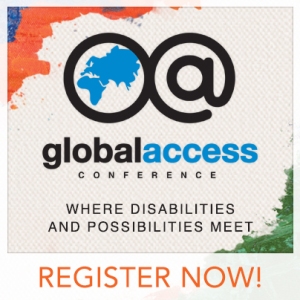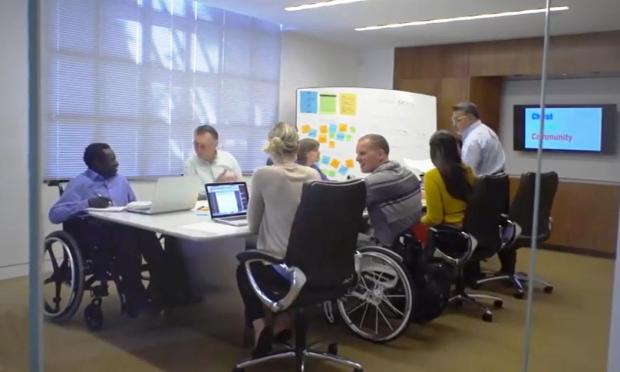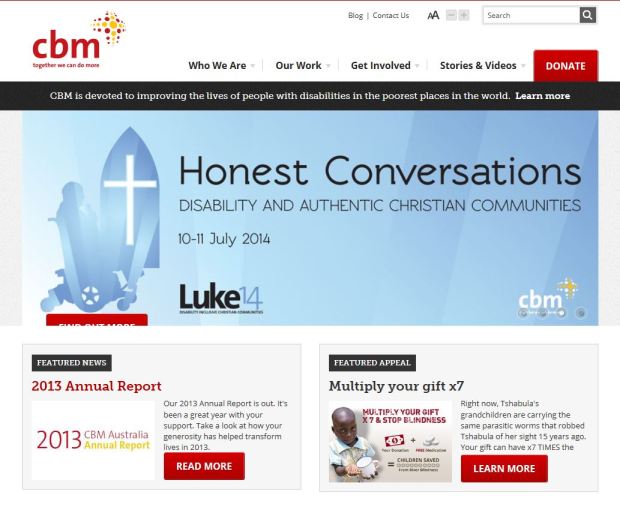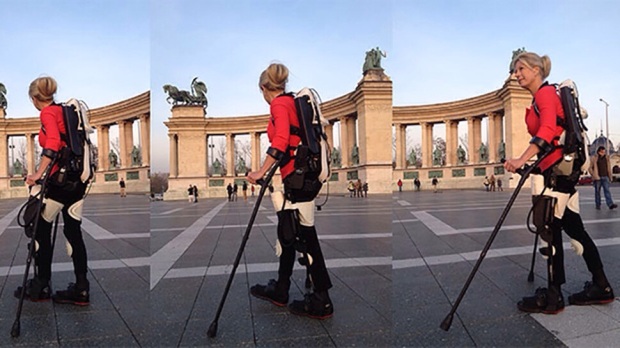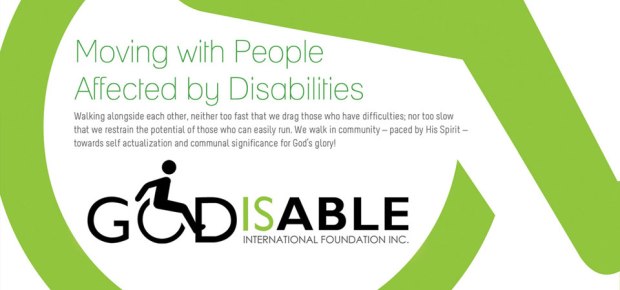The word disability means lack of ability. When we talk about disabling functions on our computers or smart phones, we are preventing something from happening. So, despite what some may say to try to portray disabilities positively, the fact is that people with disabilities are unable to do something that typical individuals are able to.
Fortunately, that is not the end of the matter. People with disabilities are not relegated to live out their lives as less valuable or less useful. We know this is true, because scripture tells us that in our weakness his strength is perfected (2 Cor 12:9). But, it is only in Christ that these possibilities can be realized, and the church must be the loudest voice proclaiming this message. That is what is behind the theme for the Global Access Conference: Where disabilities and possibilities meet.
Add your voice to proclaim that people with disabilities are created in the image of God and have a place in the body of Christ. Join the conversation on the global disability ministry movement!
Read more:The Global Access Conference, presented by Joni and Friends, will bring together disability leaders, ministers, educators and practitioners from around the world. It’s an unprecedented opportunity to share experiences, forge strong working relationships, and learn how to practically and effectively promote disability ministry in the Christian community. You will learn how to create and pursue advanced disability initiatives within church and cultural communities, and will build lasting networks of support and education throughout the international disability community. http://globalaccessconference.org
